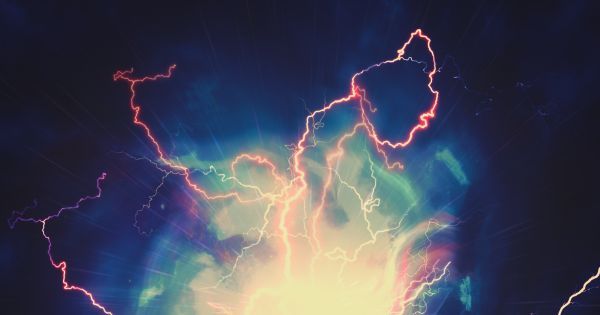Although some thinkers use the term “singularity” to refer to any dramatic paradigm shift in the way we think and perceive our reality, in most conversations The Singularity refers to the point at which AI surpasses human intelligence. What that point looks like, though, is subject to debate, as is the date when it will happen.
In a recent interview with Inverse, Stanford University business and energy and earth sciences graduate student Damien Scott provided his definition of singularity: the moment when humans can no longer predict the motives of AI. Many people envision singularity as some apocalyptic moment of truth with a clear point of epiphany. Scott doesn’t see it that way.
“We’ll start to see narrow artificial intelligence domains that keep getting better than the best human,” Scott told Inverse. Calculators already outperform us, and there’s evidence that within two to three years, AI will outperform the best radiologists in the world. In other words, the singularity is already happening across each specialty and industry touched by AI — which, soon enough, will be all of them. If you’re of the mind that the singularity means catastrophe for humans, this likens the process for humans to the experience of the frogs placed into the pot of water that slowly comes to a boil: that is to say, killing us so slowly that we don’t notice it’s already begun.









Comments are closed.